Some thoughts:
(1) It is undeniably dirty. I’m not sure why there is a part of myself that hesitates to state the obvious here. Perhaps out of subconscious political correctness, or ethnic embarrassment. Nonetheless, it’s important to state the obvious: Public spaces in India are shockingly dirty.
(2) I’ve done some Googling, and the initial list of suggested answers is along the lines of:
- i) Lack of norms surrounding hygiene, cleanliness, upkeep of public spaces. Many of the people on the street do not know another way of living, they’ve become used to their environments, and they continue to learn the wrong norms by being born into dirty environments.
- ii) Lack of local resources and functional coordination mechanisms for a high performing ‘waste management’ ‘public maintenance’ sector (which would be some combination of local government + private sector, think PPP). This seemingly doesn’t exist across the country.
On another occasion, I’d like to dig deeper into the history of attempts at cleanliness in India.
(3) I’m sure there are many ways to solve this, on a long enough time horizon.
The abstract, key words here are probably: economic growth, rising literacy rates, higher standards, local leadership, policy reform, creating a new bargain between a waste management sector, local government, and efficient chronisym; ‘a new elite bargain’, so to speak.
I think that the view above is quite passive, ‘historical forces > great men’ driven. Side note, I love this joke on the topic:

The flip-side of this view is that you will need some high agency leaders who know how to move several parts of society (government; local/federal, culture (media + individuals), and business (financial/waste management/redevelopment sector), to get all of this right. Given the direction of commerce in the country, ‘Adani Waste Management’ is probably the right frame for this new institutional arrangement, and the type of character that has the cache to bring it into existence.

I’m sure there is space for some unique instrument that might be usable to turbocharge this as well. ‘Beautification Bonds’ seems like a branding that we haven’t tried yet (a remix of Blue Bonds; the ESG-nerds favourite).
Perhaps you or I will dig deeper and contribute to this solution instead. I’m in Mumbai for the next couple of weeks and I did just tell someone off for throwing a plastic bottle on the floor…
(4) For now, I’ll leave you with these excerpts from Lee Kuan Yew’s biography, on how he approached building Singapore’s beautification, greening programe – and the importance of such efforts on the character of the civilisation one is trying to create.


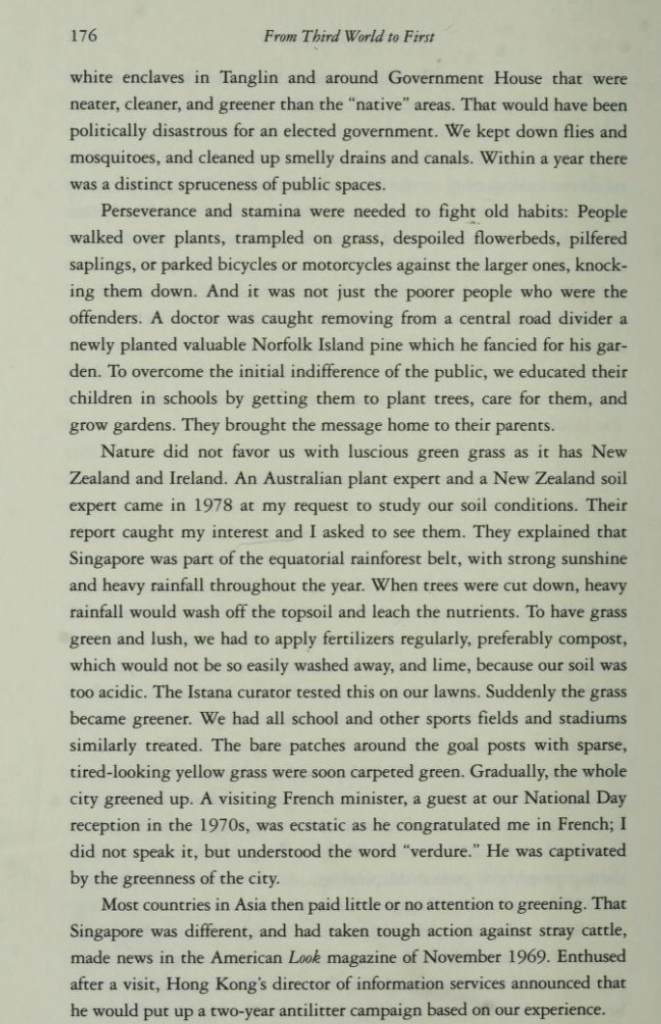
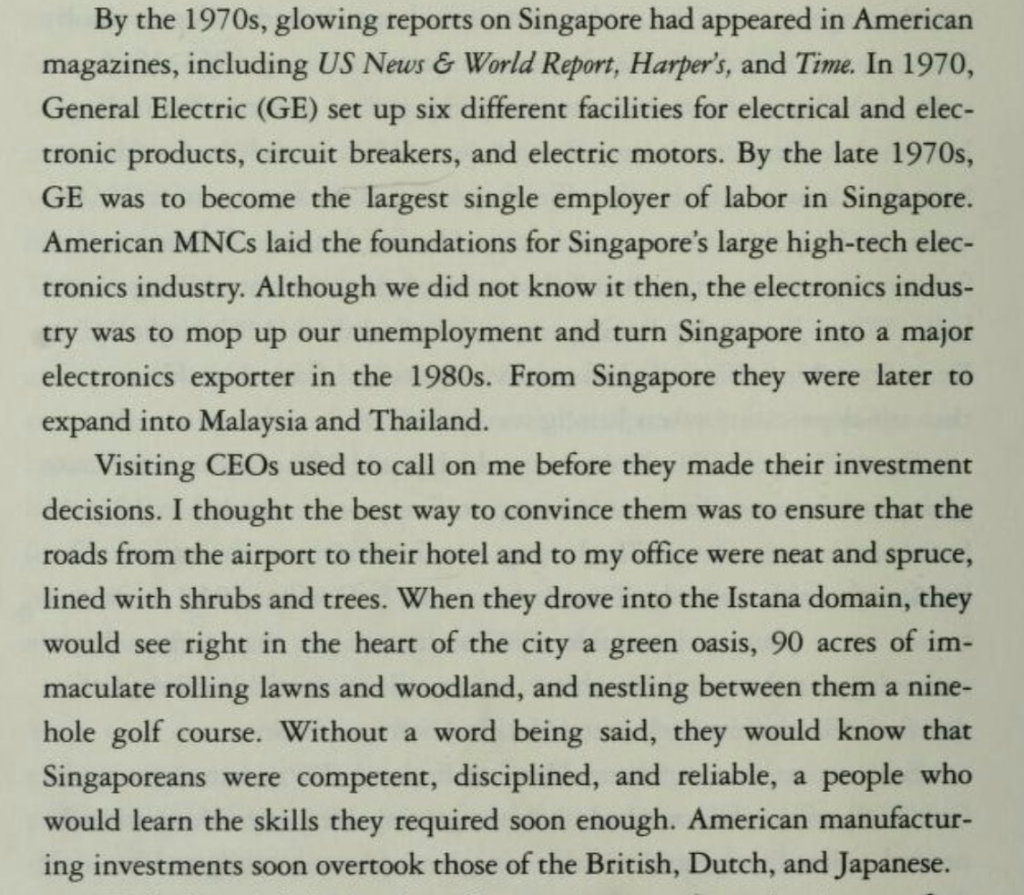
—
Bonus: Another section from Lee Kuan Yew’s Third World to First here. He mentions trees a lot in this book.
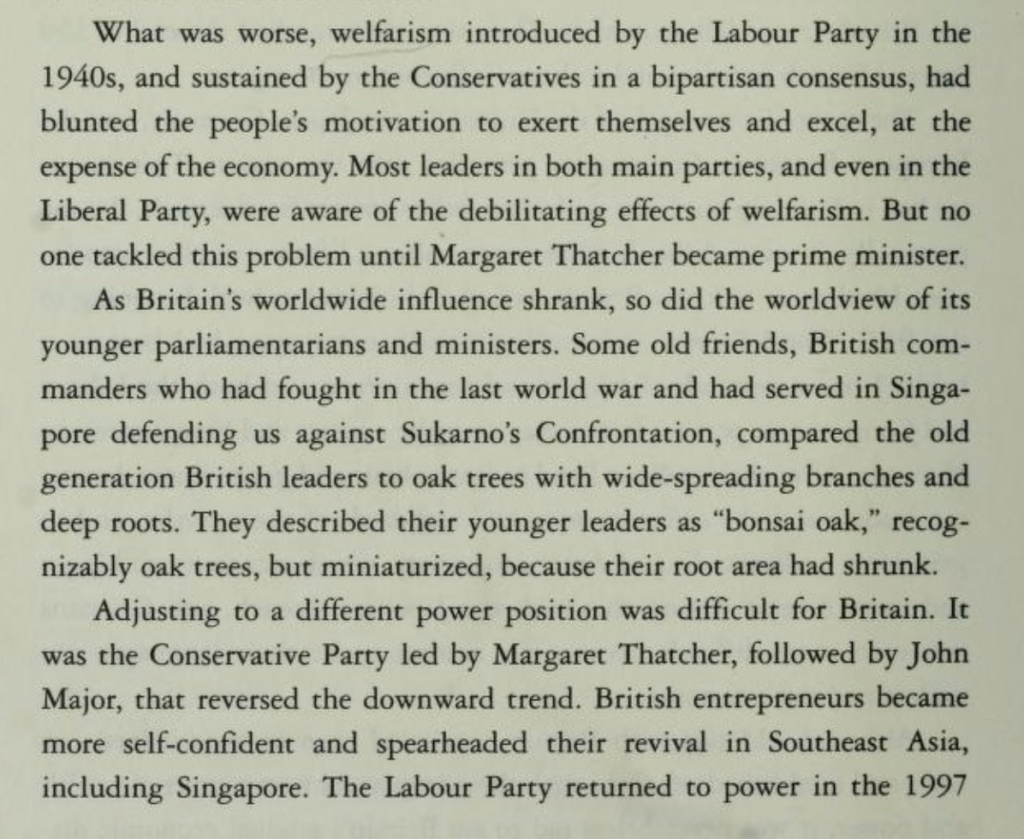
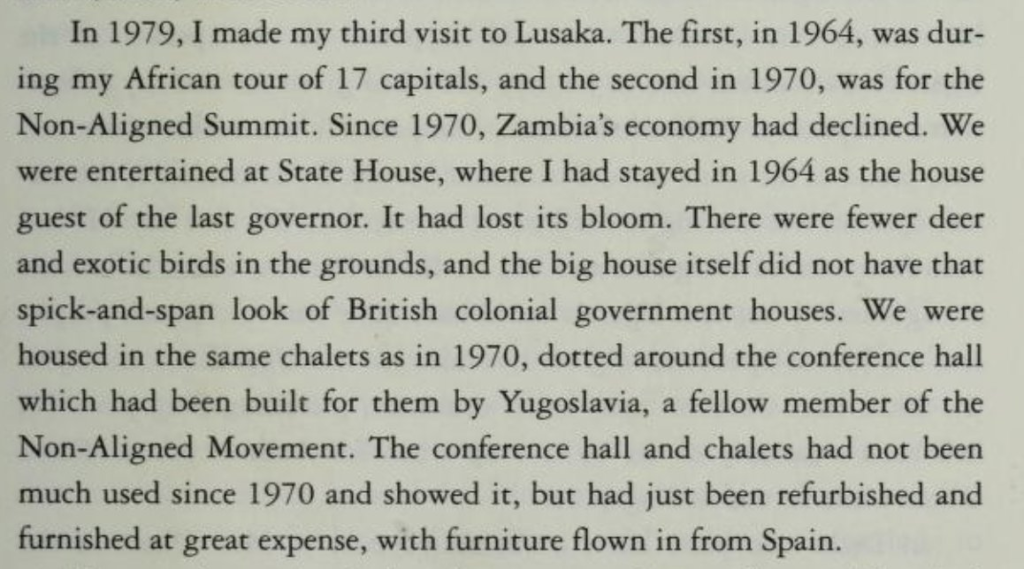

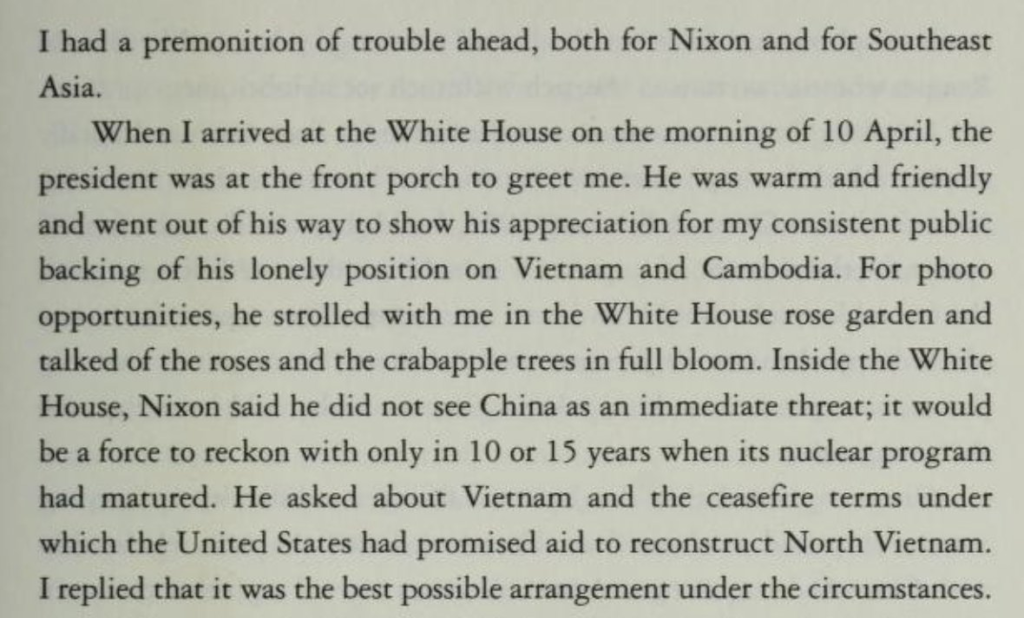
I like this quote from Indian Bronson:
I think part of LKY’s attention to trees—and his attention to matters of growth or nutrients and life-forms, or metaphors invoking them—is that the business and duty of proper governance is very much like that of gardener’s. Greater yields and beautiful flowers go hand in hand.
Having a clean country is akin to making your bed in the morning.
And, this excerpt on ‘fake it ’till you make it’ and ‘dress for the part’ for urban design, from Paul Graham:
Leave a Reply